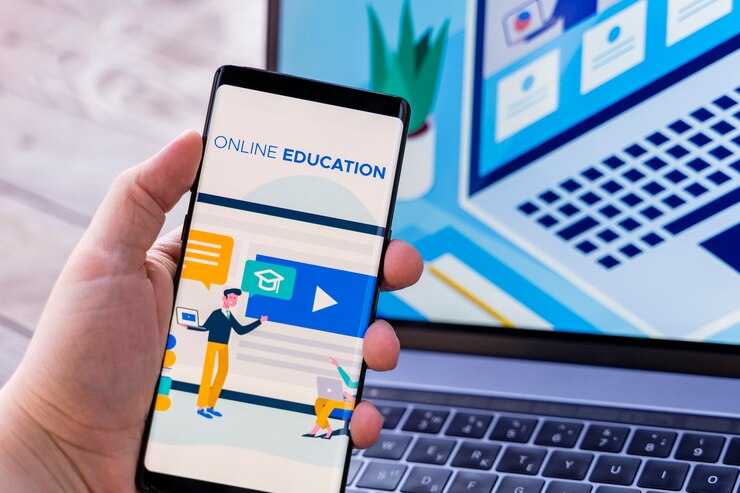Mobile apps have revolutionized the way education is delivered. With the integration of technology, learning has become more accessible and interactive. These apps offer a wide range of educational content, personalized learning experiences, and virtual classroom management tools.
Mobile apps offer various benefits for educational purposes. They provide accessibility to learning materials anytime, anywhere. Mobile apps also offer personalized learning experiences, catering to individual student needs. Additionally, interactive features in these apps engage students in a more immersive learning process.
Challenges in integrating technology with traditional learning methods
Integrating technology with traditional learning methods presents several challenges. Resistance from teachers and students who are not accustomed to using technology in the classroom can hinder adoption. Limited access to devices and reliable internet connection can also be barriers to implementing technology-based learning. Additionally, there may be concerns about the effectiveness of technology in comparison to traditional teaching methods.
Google Classroom: Virtual Classroom Management
Google Classroom is a widely-used platform that provides teachers and students with a virtual environment for classroom management. It offers a user-friendly interface, allowing instructors to easily create and organize assignments, share resources, and communicate with students. This digital tool streamlines the administrative tasks of a traditional classroom, making it more efficient and convenient for both teachers and learners. Additionally, Google Classroom integrates seamlessly with other Google services like Google Drive and Docs, enhancing collaboration and productivity in the virtual learning environment.
Google Classroom interface and communication tools
The Google Classroom interface is user-friendly and intuitive, making it easy for teachers and students to navigate. It provides various communication tools such as comments, announcements, and private messages to promote effective collaboration and interaction within the virtual classroom. Additionally, the platform allows for seamless integration with Google Meet, enabling live video conferences for real-time communication and instruction.
Google Classroom integration with other Google services
Google Classroom seamlessly integrates with other Google services, such as Google Drive, Docs, Sheets, and Slides. This integration allows for easy sharing and collaboration on documents, presentations, and spreadsheets within the classroom. Students can submit their assignments directly from Google Drive, and teachers can provide feedback and grades effortlessly.
Conclusion
The use of mobile apps in education has revolutionized the way students learn and teachers instruct. These innovative tools provide personalized and interactive learning experiences, improving educational outcomes. As technology continues to advance, the future of education will undoubtedly be shaped by mobile apps and other technology-enhanced learning methods.
Impact of mobile apps on educational outcomes
Mobile apps have had a significant impact on educational outcomes. They have enhanced student engagement, increased access to educational resources, and improved learning outcomes. With the use of mobile apps, students have the flexibility to learn at their own pace and access a wide range of interactive and personalized learning materials. This has resulted in improved retention and understanding of concepts, leading to better academic performance. Additionally, mobile apps promote collaboration and communication among students and teachers, fostering a more interactive and dynamic learning environment.
Future trends in technology-enhanced learning
The future of technology-enhanced learning is promising. It is expected that mobile apps will continue to evolve with more advanced features such as virtual reality and augmented reality integration. Artificial intelligence will play a significant role in personalized learning experiences, providing tailored content and assessments. Additionally, mobile apps will enable seamless collaboration among students and educators, fostering a global learning community. As technology continues to advance, the possibilities for enhancing education through mobile apps are endless.



